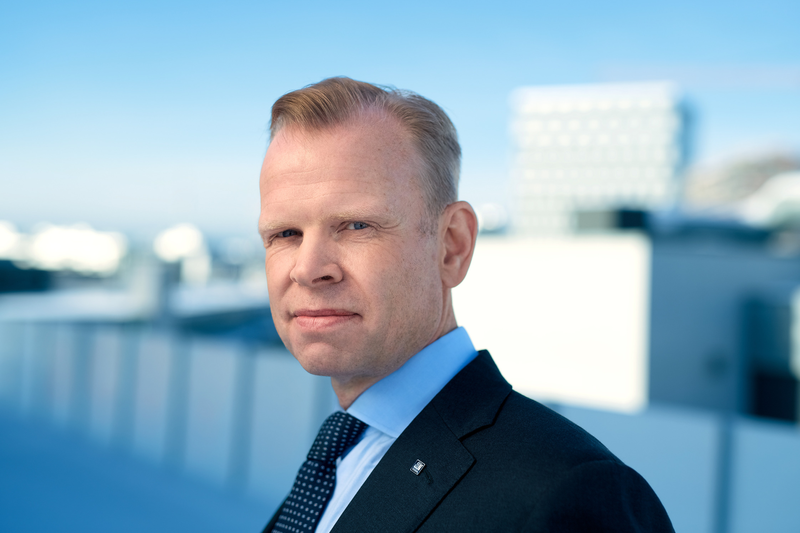Yara, one of the world’s biggest fertiliser manufacturers, has today (Friday, February 9) reported a 46% drop in fourth quarter (Q4) earnings.
The Norwegian company reported that earnings before interest, tax, depreciation, amortisation (EBITDA), excluding one-off items, were $586 million in the final three months of 2023, compared with almost $1.07 billion a year earlier.
The company said that lower margins combined with lower selling prices more than offsetting the decline in energy costs.
Subdued demand led Yara to curtail some of its European production, totalling 11% of both finished fertilisers and ammonia capacity in the quarter.
The financial report shows that net income was $246 million, down from $766 million in Q4 2022.
Yara
Yara’s full year EBITDA excluding special items was 65% lower than a year earlier, again due to lower margins and selling prices.
Deliveries decreased by 5% compared to 2022, driven by reduced third party product availability following sanctions on Russia after the invasion of Ukraine.

Svein Tore Holsether, president and chief executive at Yara said that following strong financial results in 2022, the results in 2023 were “impacted by significantly lower market prices and one-off position effects”.
“I am pleased to see an improving trend since second quarter, and a positive market trend going into 2024,” he said.
Yara is proposing to pay shareholders an annual dividend of 5 Norwegian crowns ($0.47) per share.
The company said that so far this season nitrogen supply is lower than normal both in Europe and the US, indicating a tighter global balance for the first half of 2024.
Fertiliser affordability has improved during the quarter, and optimal application rates for wheat in Europe are currently around six percent higher than a year ago.
The start of 2024 has seen increased buying activity and higher prices, signalling a potential volume catch-up into the main application season in the Northern hemisphere.
“As we now embark on a new year, Yara is well positioned with a strong track record also in more volatile markets.
“I am confident in our strategic progress, with a focus on optimising and decarbonising our asset footprint, and contributing to decarbonising shipping fuel, the food value chain and other energy-intensive industries,” Holsether said.
